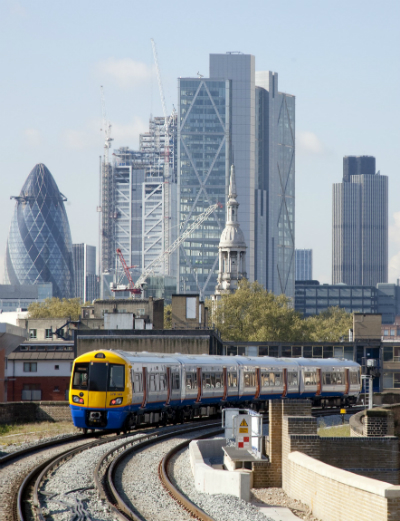Household Bills
Rail fares to rise by 3.1% in January

UK rail fares will rise by an average of 3.1% in January, spelling bad news for millions of commuters.
The Rail Delivery Group said the fare increase would come into effect on 2 January 2019 – a move that will add hundreds of pounds to annual season tickets.
For example, the cost of a season ticket from Swindon to London, including tube travel, will rise from £9,448 to £9,741 next year following the increase.
“Commuters already paying high costs on popular routes will face further hikes, for example the commute from Oxford to London, including a London travelcard, will breach the £6,000 mark – rising from £5,932 to £6,116, while the commute from Macclesfield to Manchester will exceed £2,600– rising by £79 a year to £2,626,” explained Laura Suter, personal finance analyst at investment platform AJ Bell.
While the fare increase is lower than the 3.4% rise which was introduced in January 2018, it follows a year of delays and timetable chaos.
Andy McDonald, Labour MP and shadow secretary of state for transport, commented: “This increase is a real slap in the face to long suffering rail passengers. Given the chaos on our railways since the last price hike, Chris Grayling should be delivering a fares freeze on those appalling services which should be funded by the train operators.”
The rise in prices is determined by July’s retail prices index (RPI) inflation reading, rather than the consumer prices index (CPI), which is typically lower. AJ Bell’s Suter points out that the Office for National Statistics has branded the RPI measure of inflation “flawed” with “serious shortcomings” and does not recommend it being used.
“It remains baffling as to why the government continues to clobber everyone with price hikes based on an inaccurate measure,” Suter added.
She also pointed to the inconsistency of using CPI for state pension increases, tax credits and public sector final salary schemes, while RPI is used for price hikes on rail fares and setting interest rates for student loans.
“This hypocrisy was highlighted in the past few weeks, when the government revealed it was cutting the interest for savers with NS&I’s Index-linked Savings Certificates, by switching the index linking to CPI inflation, from RPI. The move will hit around half a million savers, and could see their interest cut by around 1%,” she added.